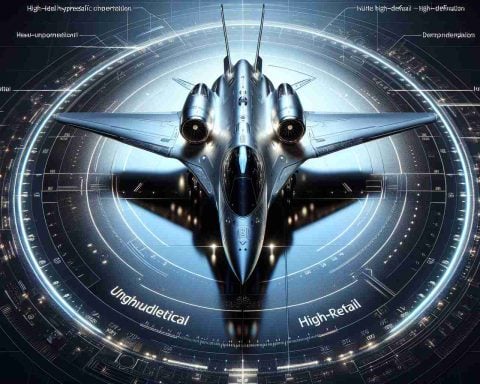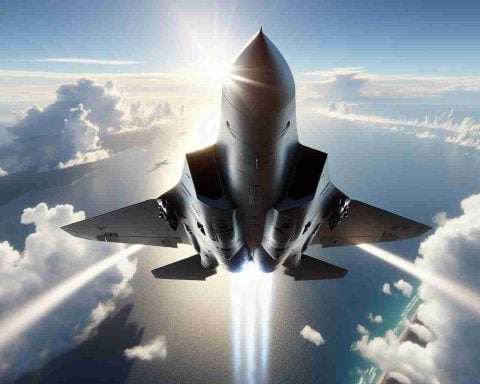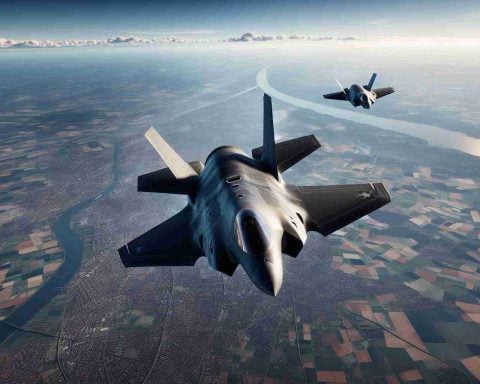The Lithuanian Army has taken a pivotal role in supporting Ukraine by training Non-Commissioned Officers (NCOs) essential for the country’s defense. These officers act as the crucial ‘middle management’ within military ranks, making swift decisions independently to enhance their units’ tactical responsiveness.
Since the illegal annexation of Crimea in 2014 and the subsequent full-scale invasion by Russia in 2022, NATO has placed a strong emphasis on strengthening Ukraine’s NCO corps. This commitment aims to develop leaders capable of adapting to rapidly changing situations, creating a flexible defense against Russian aggression.
Lithuania has organized rigorous training programs to fortify the leadership skills of future Ukrainian squad leaders. Over a comprehensive eight-week course, Lithuanian experts provided guidance on effective squad management and operational tactics. The training also included technical education on maintaining critical military equipment, such as the M113 armored personnel carrier.
The collaboration represents not only a military effort but also a significant stride in standardizing procedures across NATO forces. It ensures that soldiers from diverse backgrounds can operate seamlessly together, improving their ability to perform cohesively in joint operations.
These initiatives highlight the collective commitment among NATO allies to ensure Ukraine remains resilient. By investing in human capital and advanced training, Ukraine’s military infrastructure is increasingly robust, equipping them to safeguard their homeland from external threats.
Inside Lithuania’s Strategic Military Support: Training the New Vanguard of Ukraine’s Defense
In a rapidly evolving geopolitical landscape, the Lithuanian Army has emerged as a critical partner in fortifying Ukraine’s military defenses, setting the stage for enhanced military leadership with a sophisticated Non-Commissioned Officers (NCOs) training regimen. As tensions continue to escalate since Crimea’s annexation in 2014, and further intensified by Russia’s full-scale invasion in 2022, NATO has strategically coordinated efforts to bolster Ukraine’s defense capabilities significantly.
Innovative Training and Tactical Advancements
At the heart of Lithuania’s military support lies an intensive eight-week training course aimed at equipping Ukrainian NCOs with advanced leadership and operational skills. This program stands out by integrating both strategic and technical components, focusing not only on enhancing squad management capabilities but also on hands-on instruction for maintaining crucial military technologies, such as the M113 armored personnel carrier.
Through this rigorous curriculum, Lithuanian military experts stress the importance of tactical flexibility and decisive action, essential traits for NCOs operating on the modern battlefield. This approach underscores a broader trend within NATO to create a more adaptable and cohesive military structure capable of addressing diverse and dynamic threats.
Aligning and Standardizing NATO Forces
Lithuania’s initiative is part of a larger strategy to standardize military procedures and training across NATO allies. This effort ensures that forces can operate seamlessly together, a critical factor in generating an effective joint defense posture. The ongoing collaboration emphasizes NATO’s overarching aim: to fortify Ukraine by aligning military practices and enhancing the human element within its defense infrastructure.
Future of Military Defense: Predictions and Trends
Looking ahead, these efforts are expected to have a transformative impact on Ukraine’s military resilience. As future leaders emerge from these training programs, one can anticipate a gradual but definitive strengthening of Ukraine’s military capabilities. Such advancements play a crucial role not only in defending against current threats but also in proactively deterring future aggression.
By continuing to invest in the development of NCOs, NATO is laying the groundwork for a resilient and flexible defense strategy. Predictive trends suggest a growing emphasis on leadership development and cross-national military cohesion, pointing towards a future where well-trained personnel form the backbone of national security under NATO’s protective umbrella.
For more insights into NATO’s military strategies and their implications on global defense dynamics, visit the official NATO website.



















